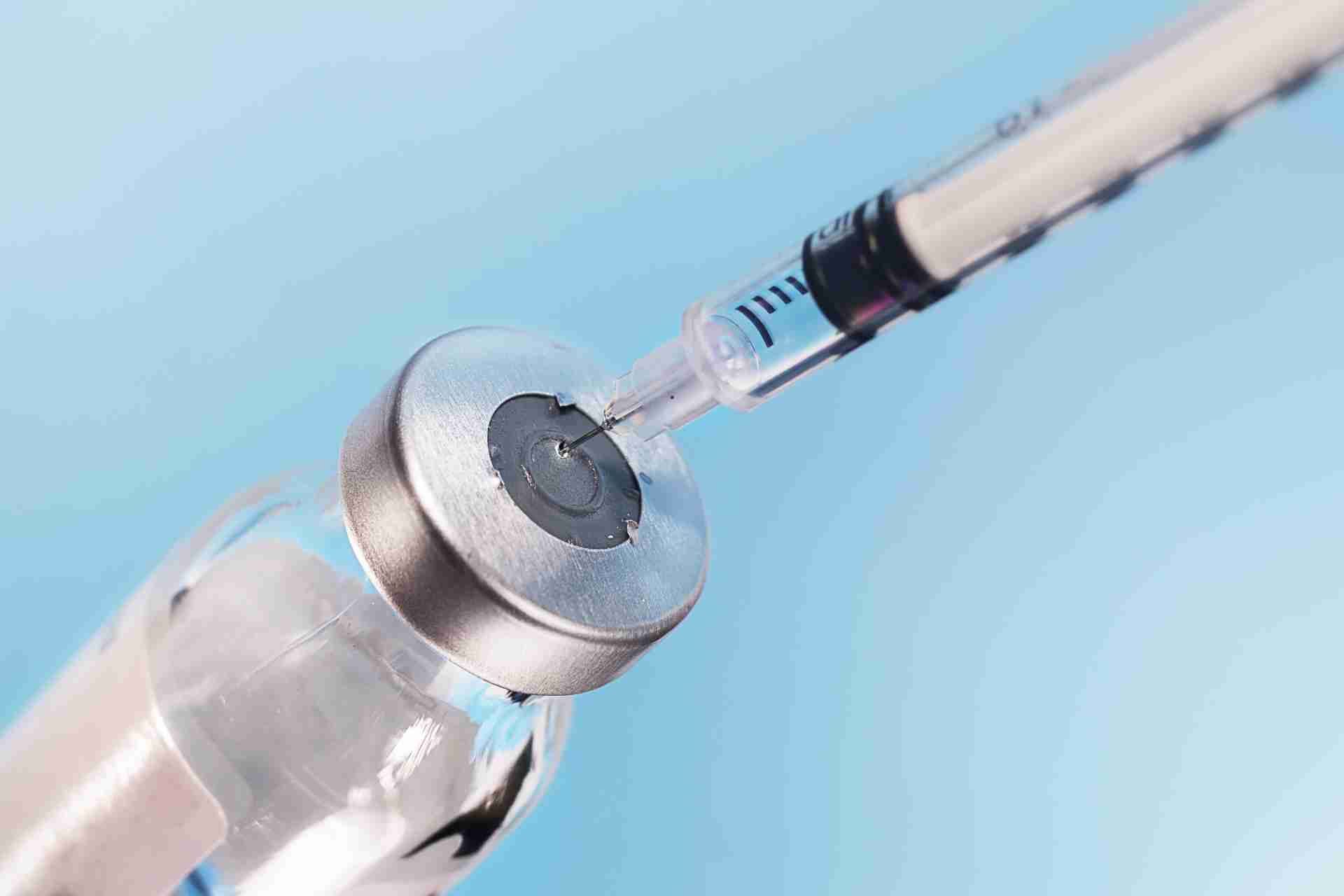Ethical Considerations in Using Ketamine for Suicide Prevention

When considering ketamine for suicide prevention, it's crucial to weigh the ethical implications. You must navigate the delicate balance between providing immediate relief and respecting patient autonomy. Informed consent is paramount, yet the urgency of crisis intervention can complicate matters. As you explore the nuances of this treatment, you'll encounter questions about its risks, benefits, and long-term effects that demand careful consideration. What responsibilities do you have in this complex situation?
The Promise of Ketamine in Crisis Intervention
As mental health crises escalate, many are turning to ketamine for its rapid antidepressant effects. This treatment's ability to provide swift relief from severe depressive symptoms can be life-saving, especially for those facing suicidal thoughts.
You might find it surprising that ketamine works differently from traditional antidepressants, often acting within hours instead of weeks. This speed can offer crucial support during critical moments when every second counts.
As you explore ketamine's potential, consider its unique mechanism of action, which targets glutamate receptors in the brain. The prospect of using ketamine in crisis intervention not only highlights its promise but also emphasizes the need for careful implementation in clinical settings.
Ultimately, this innovative approach could reshape how we address acute mental health emergencies.
Informed Consent and Patient Autonomy
While ketamine shows promise in treating suicidal thoughts, ensuring informed consent is crucial to respect patient autonomy.
You have the right to understand the treatment process, including potential benefits and risks. Before starting ketamine, your healthcare provider should clearly explain how the drug works, the expected outcomes, and any side effects you might experience.
It's essential that you feel comfortable asking questions and discussing your concerns. Your decision should be voluntary and based on a comprehensive understanding of your options.
Risks of Misuse and Dependency
Though ketamine has shown effectiveness in alleviating suicidal ideation, the risks of misuse and dependency can't be overlooked.
When you consider using ketamine, it's crucial to recognize its potential for abuse. Some individuals may misuse it to escape their feelings or seek a euphoric experience. This can lead to psychological dependence, where you find it increasingly difficult to manage your emotions without the drug.
Additionally, repeated use may diminish its effectiveness, prompting higher doses that could spiral into addiction.
It's essential to approach ketamine treatment with caution, ensuring it's part of a comprehensive plan that includes therapy and support. Balancing its benefits against these risks is vital for your long-term mental health and overall well-being.
Long-term Effects and Unanswered Questions
The potential for misuse and dependency raises important questions about the long-term effects of ketamine treatment for suicide prevention. You might wonder how prolonged use affects brain chemistry and overall mental health.
While some studies show promising short-term results, the lack of comprehensive research on long-term outcomes leaves you concerned. What happens to your emotional well-being after repeated doses? Are there cognitive impairments or lasting changes in mood?
You may also question whether ketamine's effectiveness diminishes over time or if withdrawal symptoms could emerge. These unanswered questions underscore the need for more rigorous studies.
Until we've clearer answers, it's crucial to approach ketamine treatment with caution and consider the broader implications of its long-term use in vulnerable populations.
Balancing Urgency With Ethical Responsibility
As mental health crises escalate, you may feel an urgent need for effective interventions like ketamine treatment for suicide prevention. However, it's crucial to balance this urgency with ethical responsibility.
You must consider the implications of quickly adopting new treatments without comprehensive research. The potential benefits of ketamine shouldn't overshadow the importance of informed consent and patient autonomy.
It's vital to ensure that patients are fully aware of the risks and uncertainties involved. Engaging in a collaborative decision-making process can empower individuals and build trust.
By prioritizing ethical considerations, you can navigate the complexities of urgent care while respecting the dignity and rights of those seeking help.
Ultimately, responsible implementation fosters both immediate relief and long-term well-being.
Conclusion
In using ketamine for suicide prevention, it's crucial to prioritize informed consent and patient autonomy. While its rapid effects can offer immediate relief, you must be aware of the risks of misuse and dependency. Consider the long-term effects and the ethical responsibilities of healthcare providers. Striking a balance between urgent intervention and ethical care ensures you receive both immediate support and sustainable mental health solutions. Your understanding and involvement in the treatment process empower your journey toward recovery.










